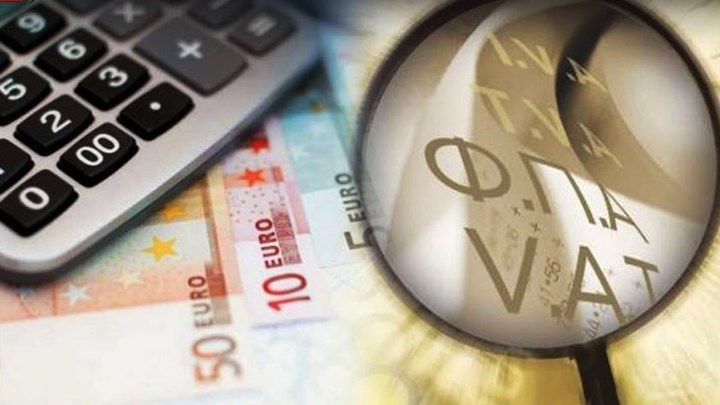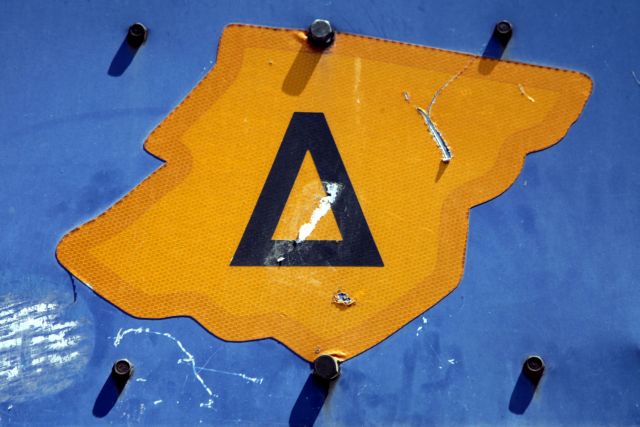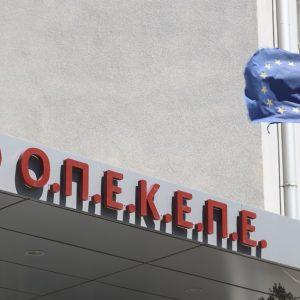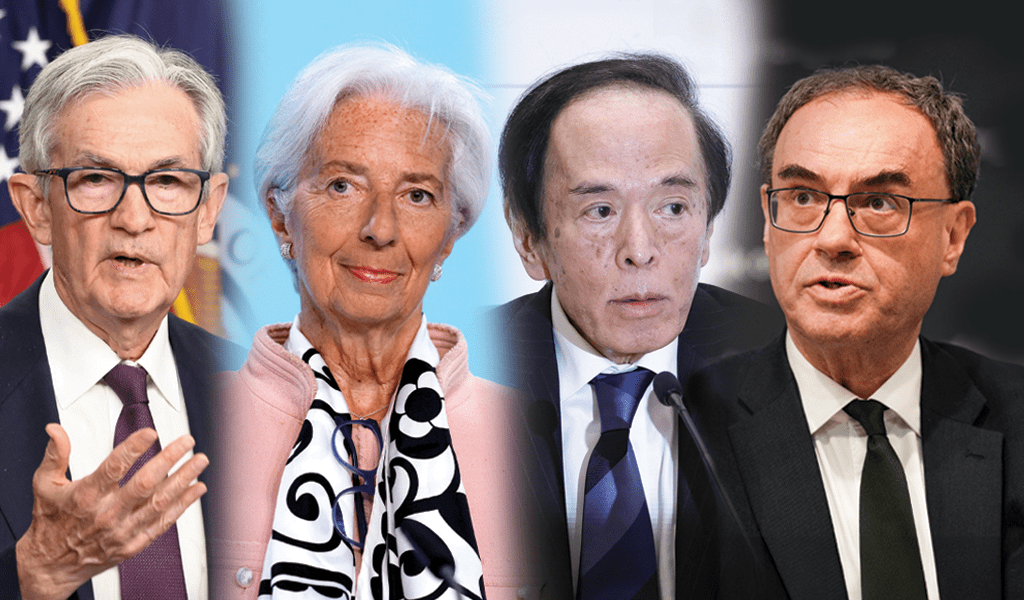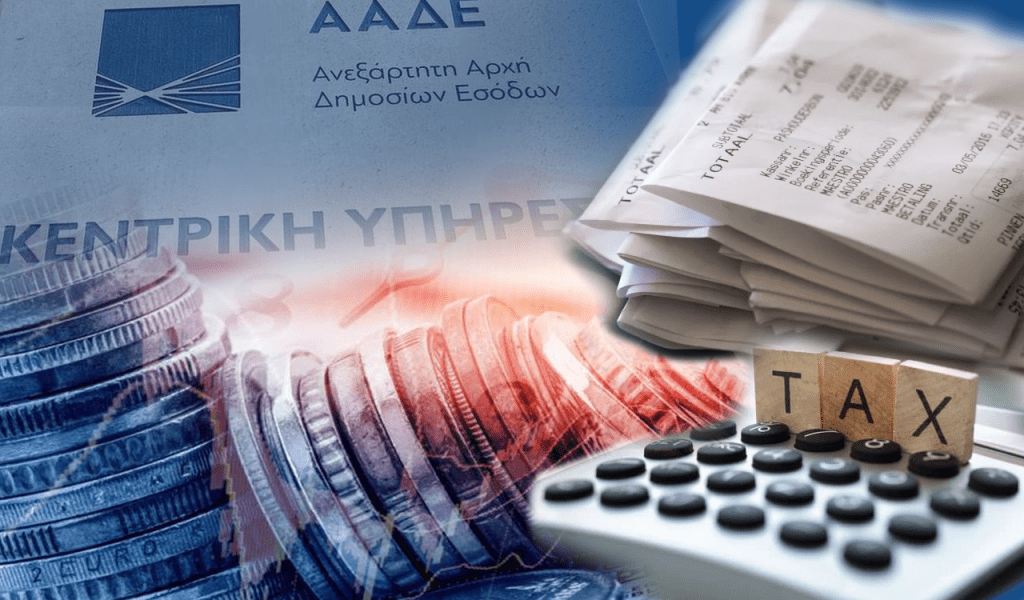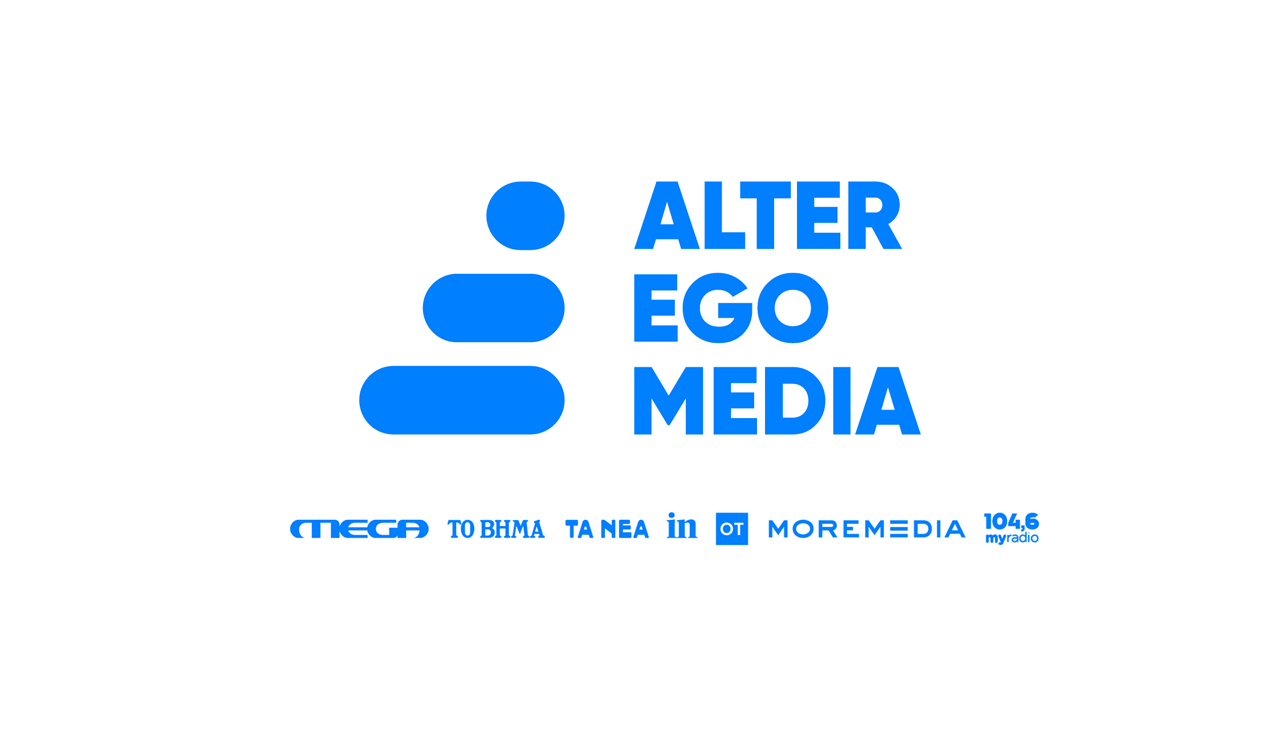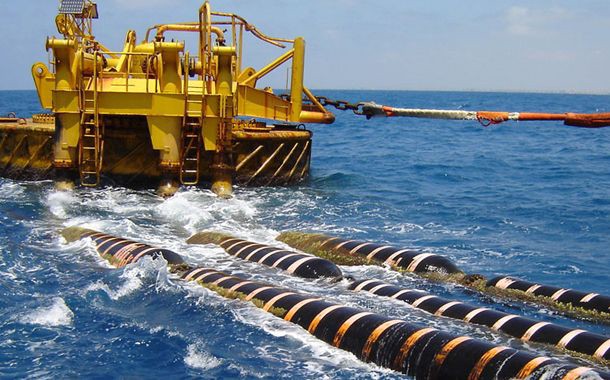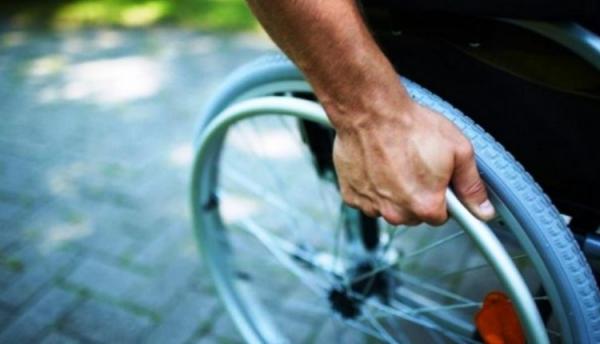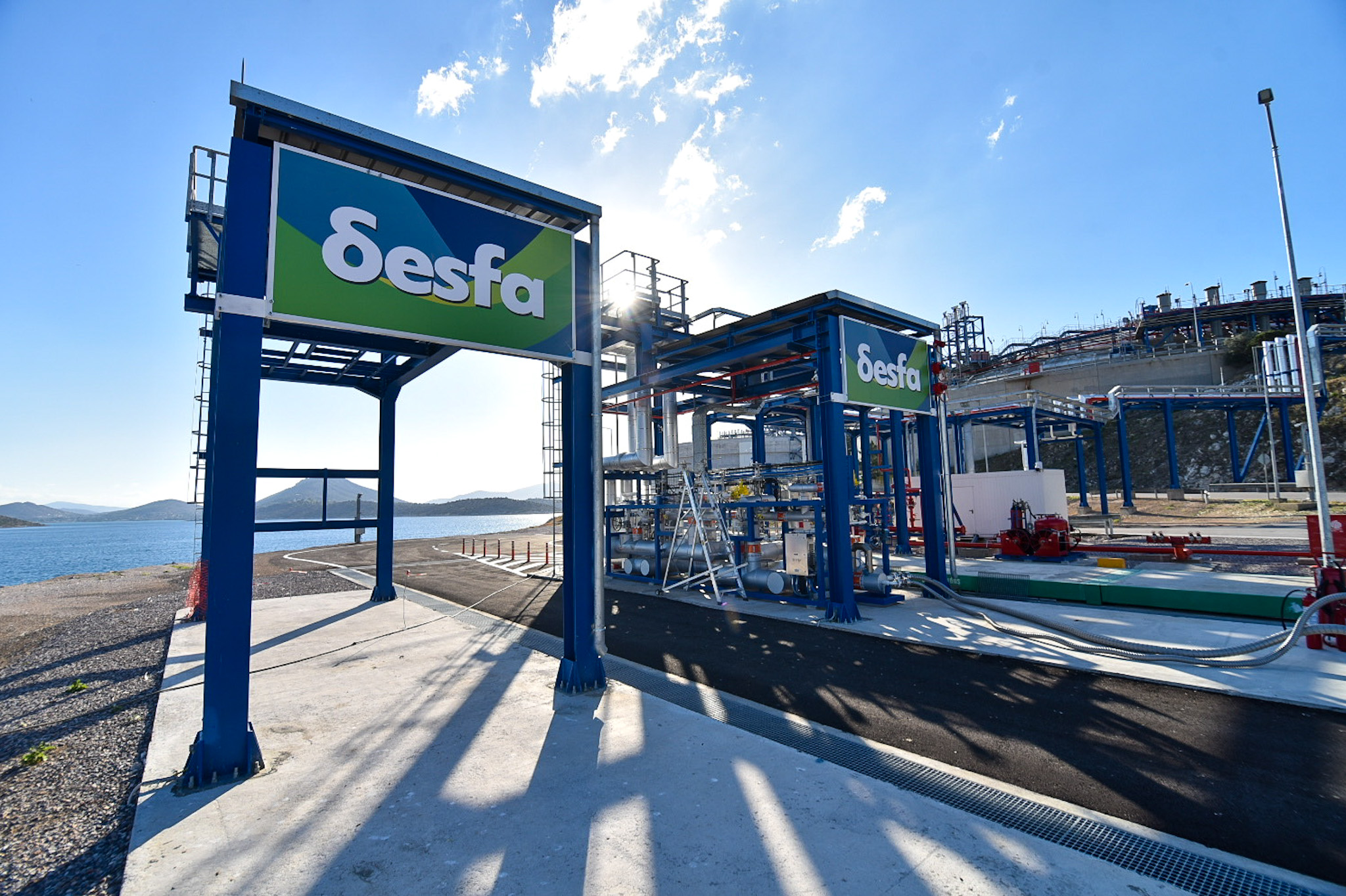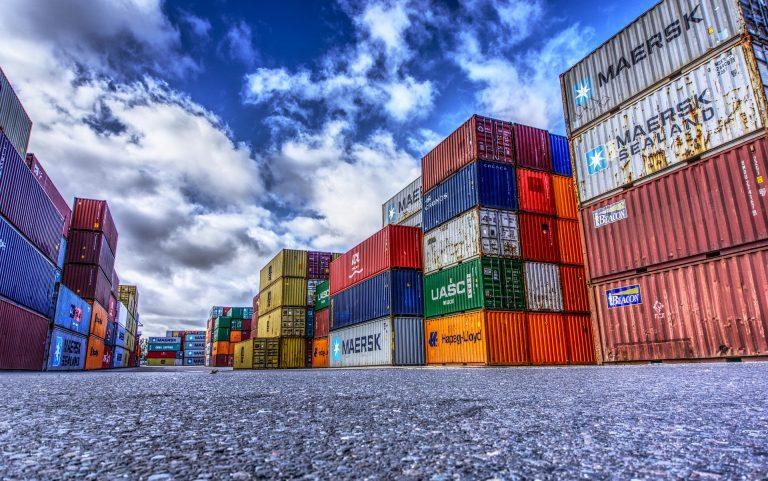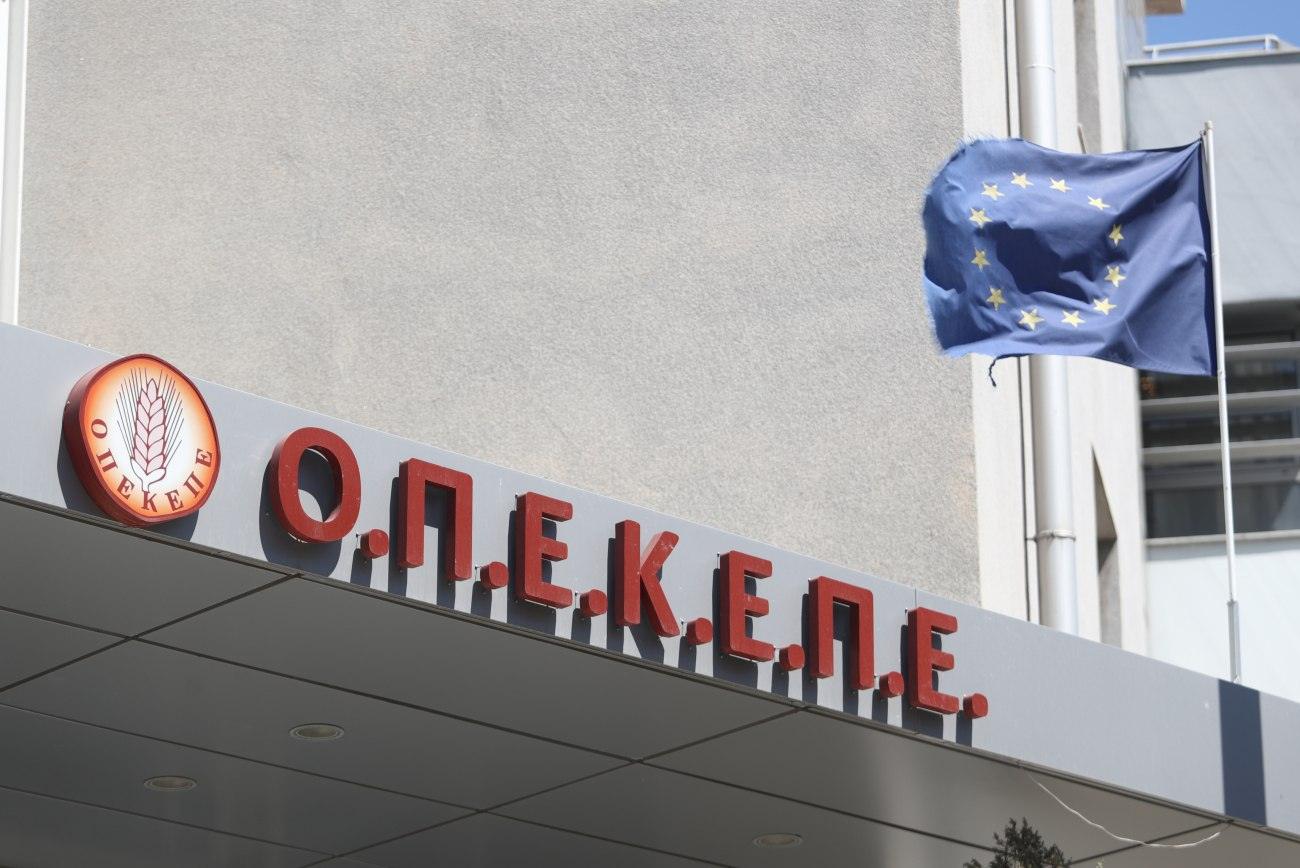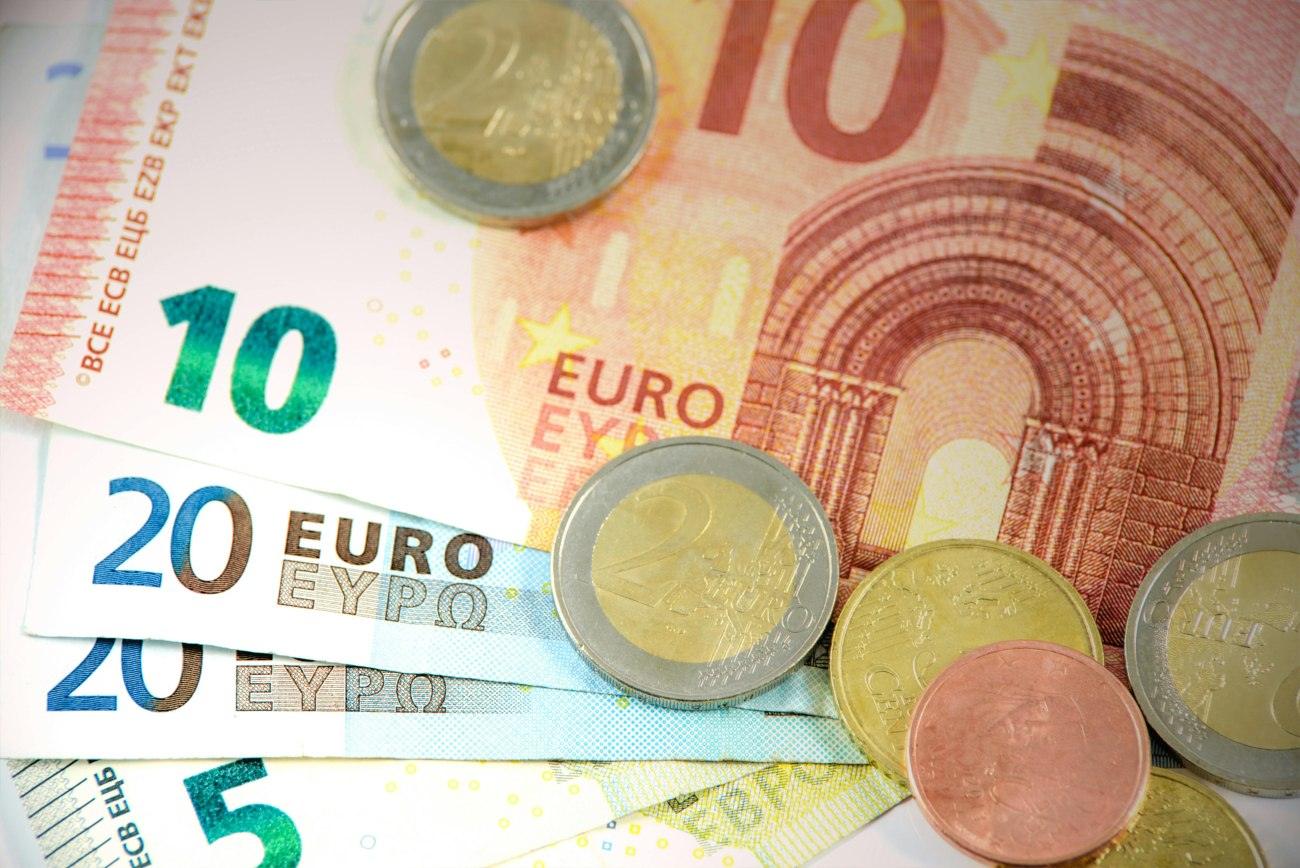Taxes have set fire to the pre-election scene. At the center of the new conflict that has erupted in recent days between ND, SYRIZA and PASOK is the VAT. Talk of whether or not it should be cut has heated up for good as consumers see prices on supermarket shelves remain high despite easing inflation.
The president of New Democracy
Kyriakos Mitsotakis, speaking yesterday on the main news bulletin of ERT, appeared strongly opposed to the possibility of reducing the VAT which he characterized as a “hole in the water” as – as he said – “the reduction of VAT on food would cost us 1.5 billion . the year”. “Those who propose a VAT reduction should tell us if they will increase it afterwards,” he stressed and added: “It would be a hole in water in terms of prices and it would cost us a lot.”
VAT was reduced, prices did not fall
As he said “we reduced the VAT on coffee, we reduced the VAT on many services, in transport prices did not fall for the simple reason that in the end the reduction of VAT benefited the entrepreneurs and the entire production chain. The same would happen now. The same happened in many other European countries that tried such a measure.”
From the blue faction, they argue that the choice of targeted measures to support households through the Fuel Pass for fuel accuracy and the Market Pass for food price increases with income and property criteria, was more effective for both the state and the citizens. On the opposite bank, SYRIZA and PASOK, who have high on their pre-election agenda the reduction of VAT rates on food, are exerting suffocating pressure on New Democracy by “pressing” on accuracy which persists, even when inflation recedes.
However, the truth is that the basic VAT rate in Greece (24%) is the 3rd highest among OECD member countries. In the list of countries, Hungary is first with 27%, followed by Norway, Denmark and Sweden with 25% while Finland has 24% together with Greece. In an environment of high inflation, the VAT was the one that brought the explosion of tax revenues far above the forecasts of the Ministry of Finance. Specifically, in 2022 the
More than 50% of the country’s total tax revenue comes from indirect taxation, while Greece applies one of the highest rates of VAT and consumption taxes internationally to fuel and food.
What a reduction in VAT means
A reduction in VAT rate of 13% to 11% on food means that:
– 1 liter of fresh milk from 2.80 euros will be sold at 2.75 euros (0.05 euros)
– A package of spaghetti from 1.16 euros sold today should be sold for 1.14 euros.
– The selling price of 200g instant coffee should be reduced from 8.48 euros to 8.33 euros.
– Sliced cheese of 175 grams from 2.44 euros should be sold at the price of 2.40 euros.
– Eggs (6 pcs) from 3.13 euros that must be sold for 3.07 euros.
– The 2 liter olive oil that is sold today from 17.30 euros with the VAT reduction should be reduced to 16.99 euros.
VAT rates
State Normal Factor %
Austria 20
Belgium 21
Bulgaria 20
Cyprus 19
Czech republic 21
Germany 19
Denmark 25
Estonia 20
Greece 24
Spain 21
Finland 24
France 20
Croatia 25
Hungary 27
Ireland 23
Italy 22
Lithuania 21
Luxembourg 17
Latvia 21
Malta 18
Netherlands 21
Poland 23
Portugal 23
Romania 19
Sweden 25
Slovakia 20
Slovenia 22
United Kingdom 20
